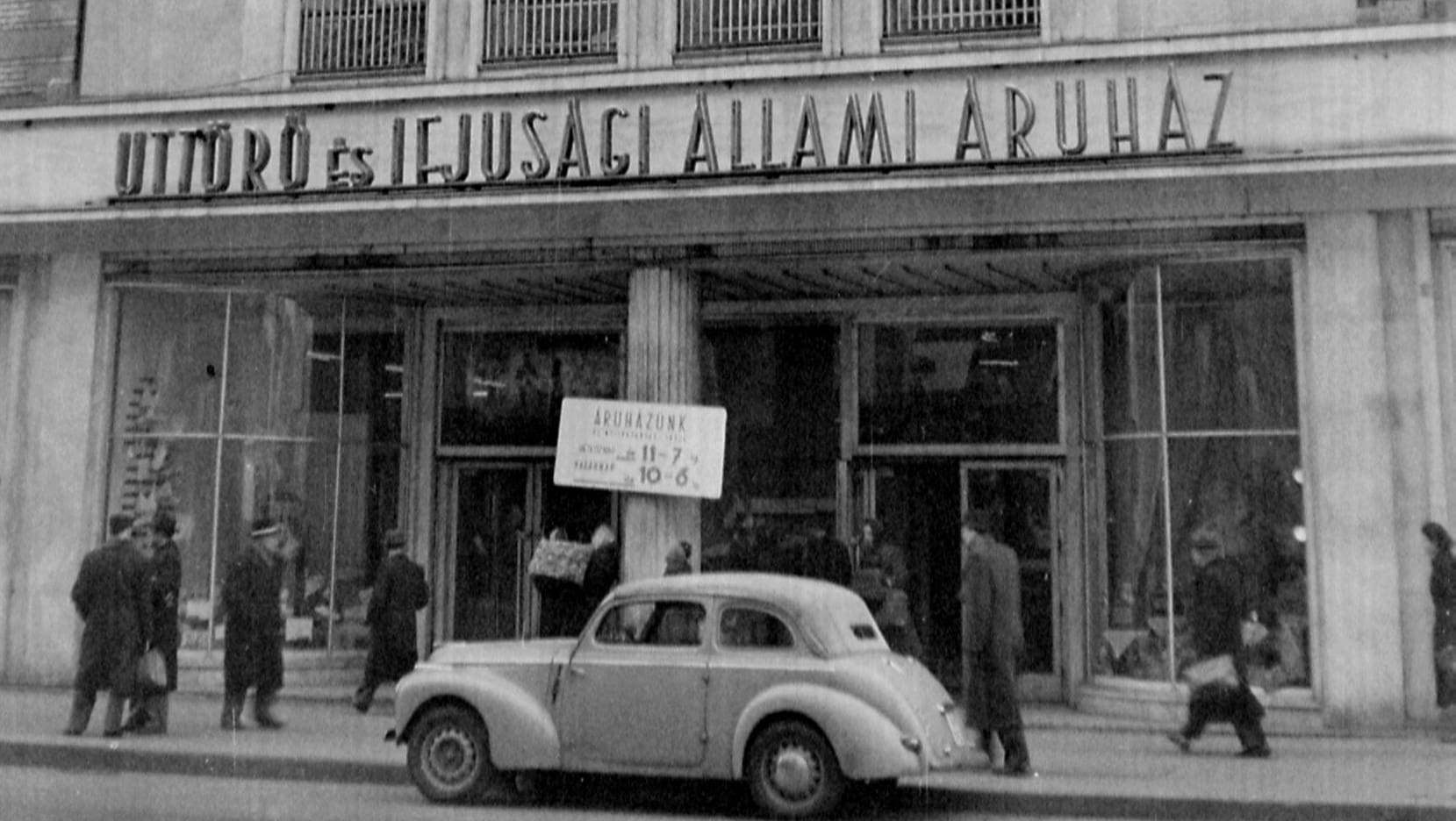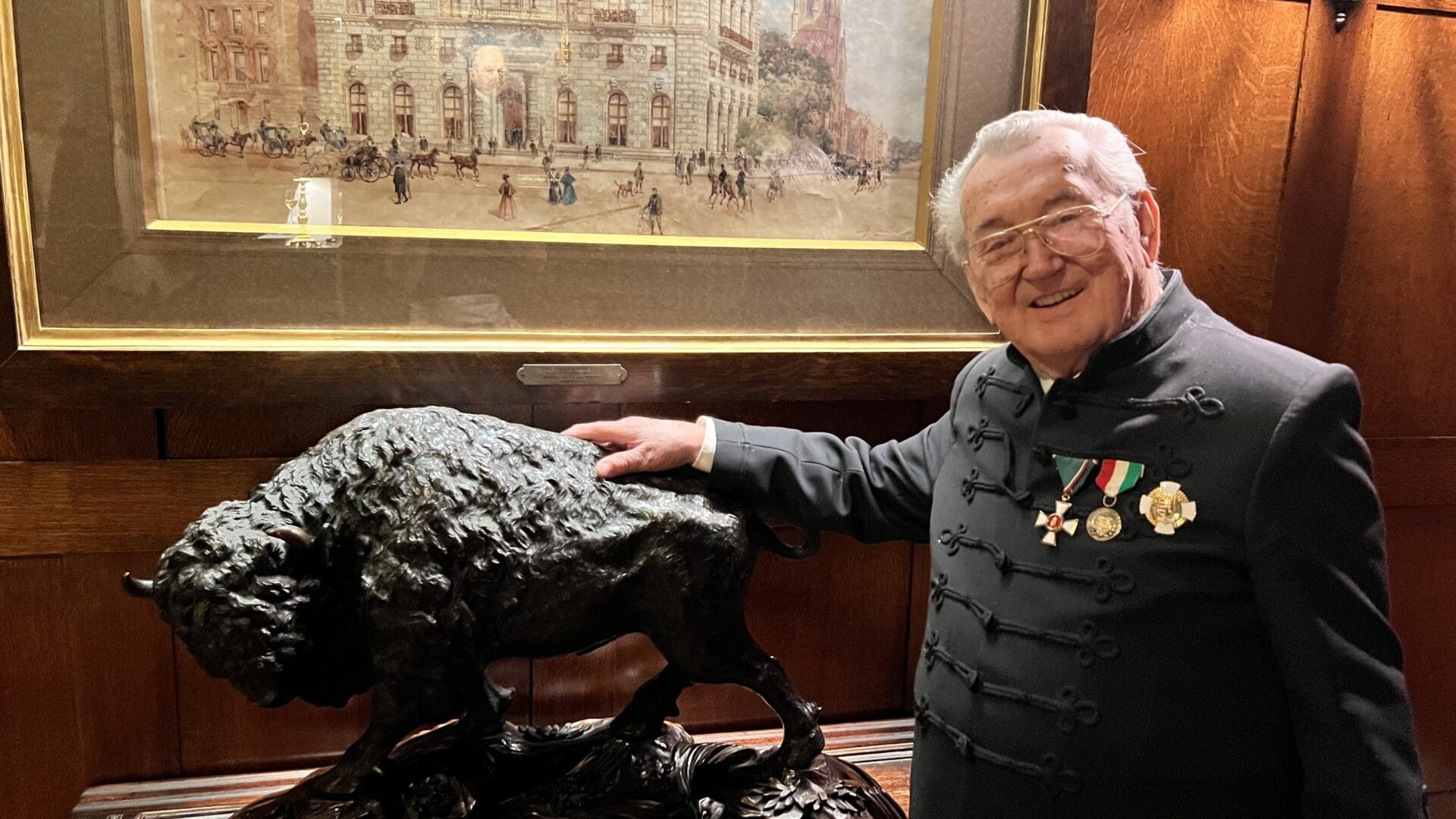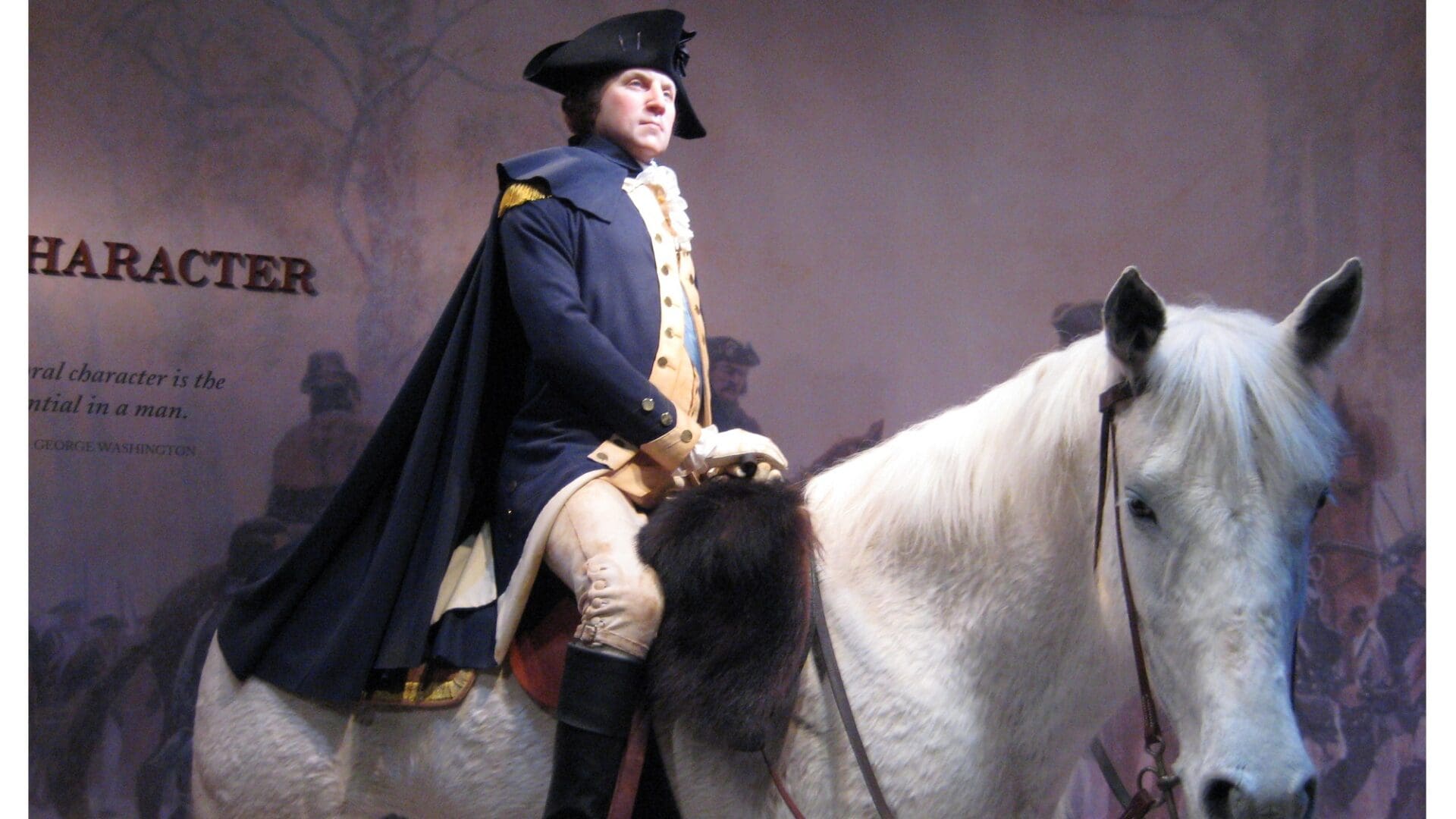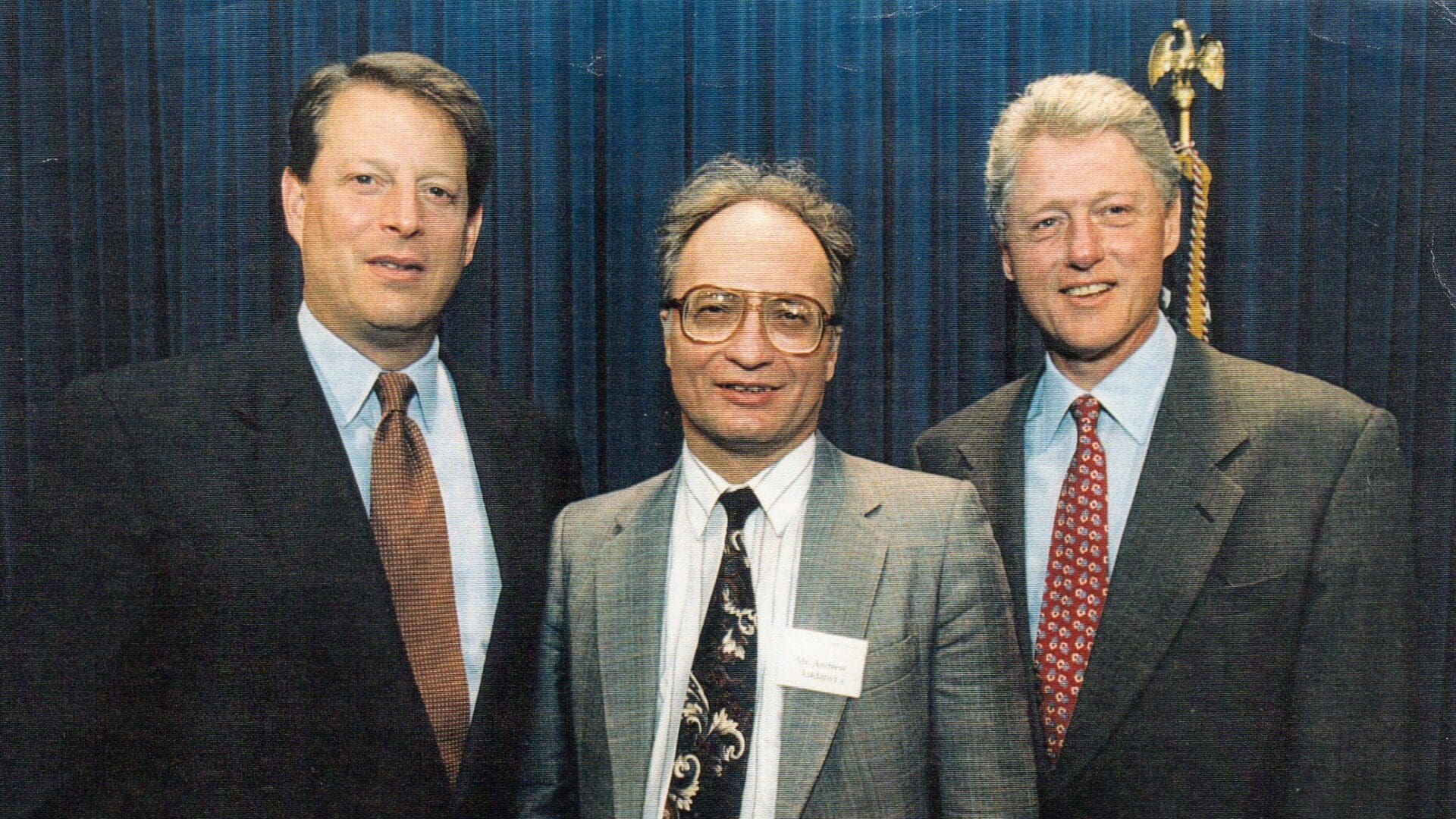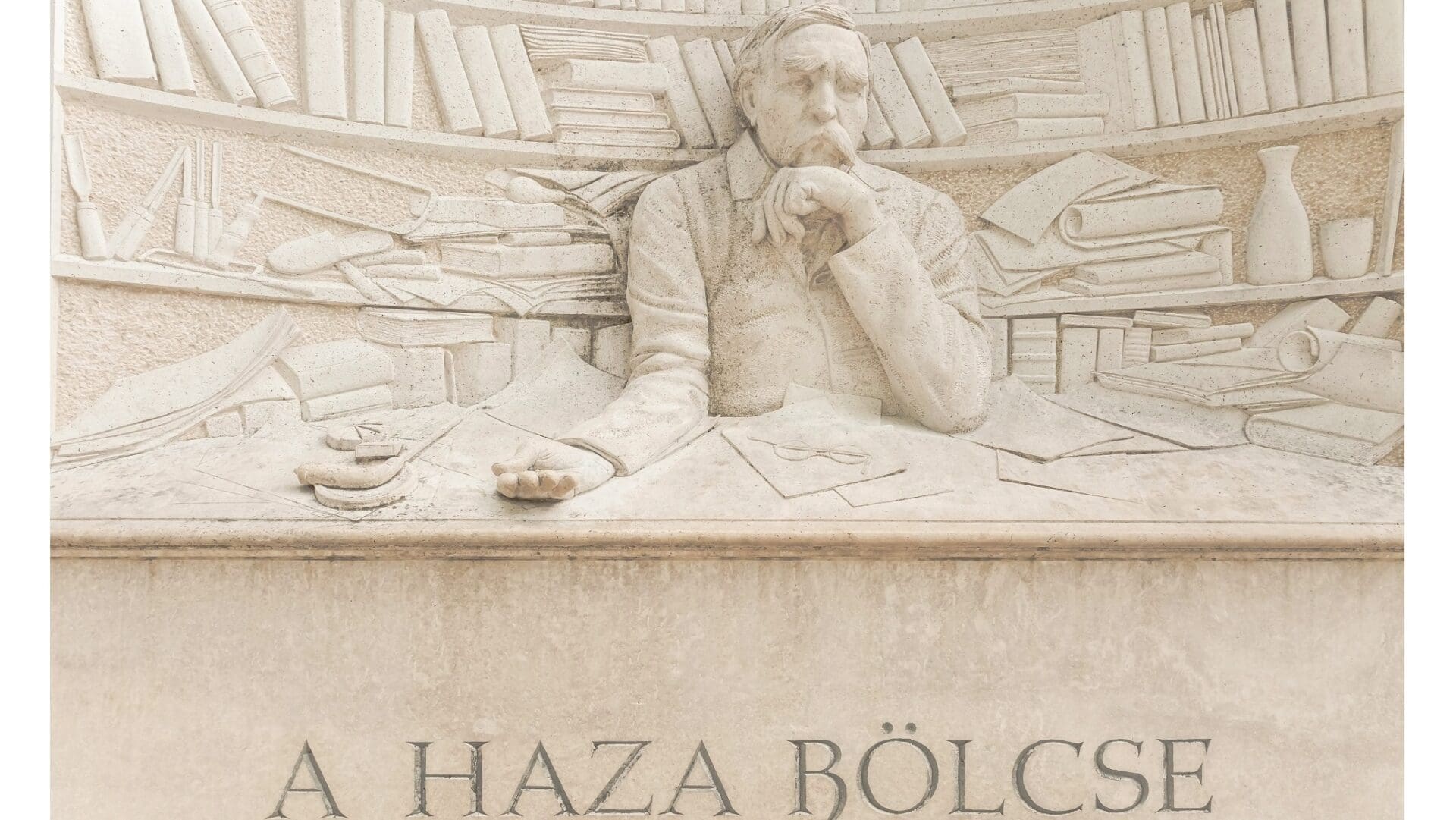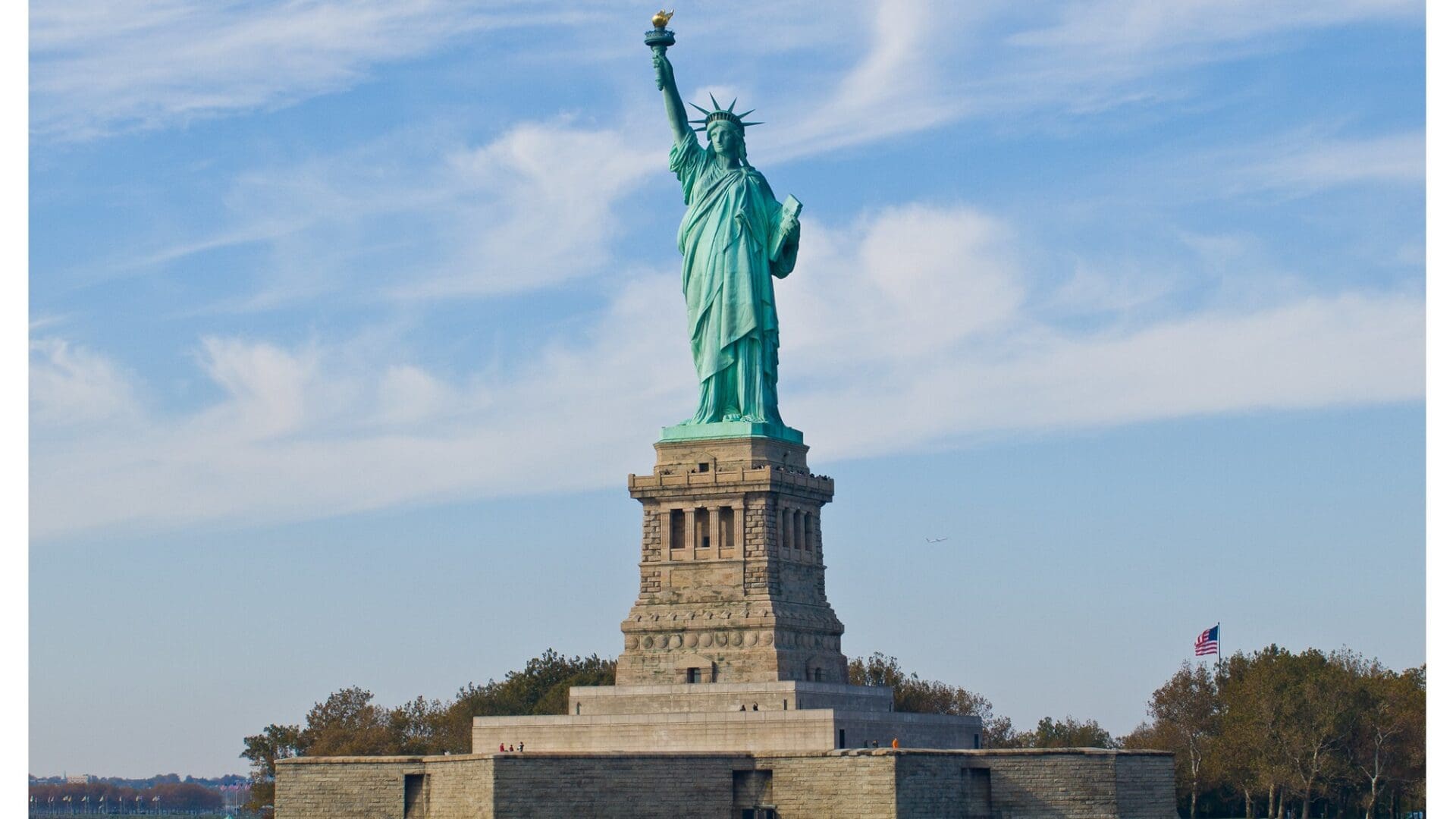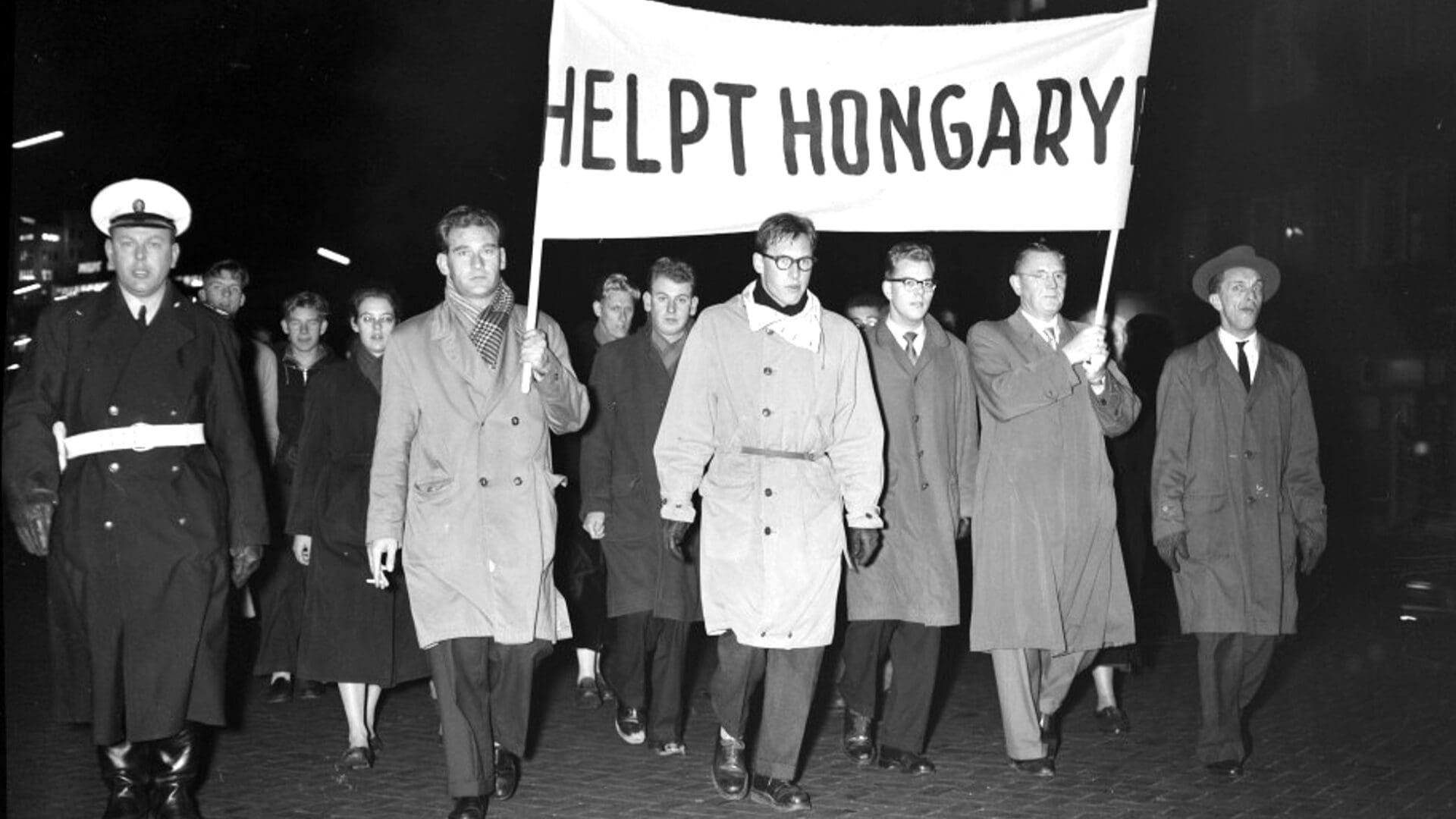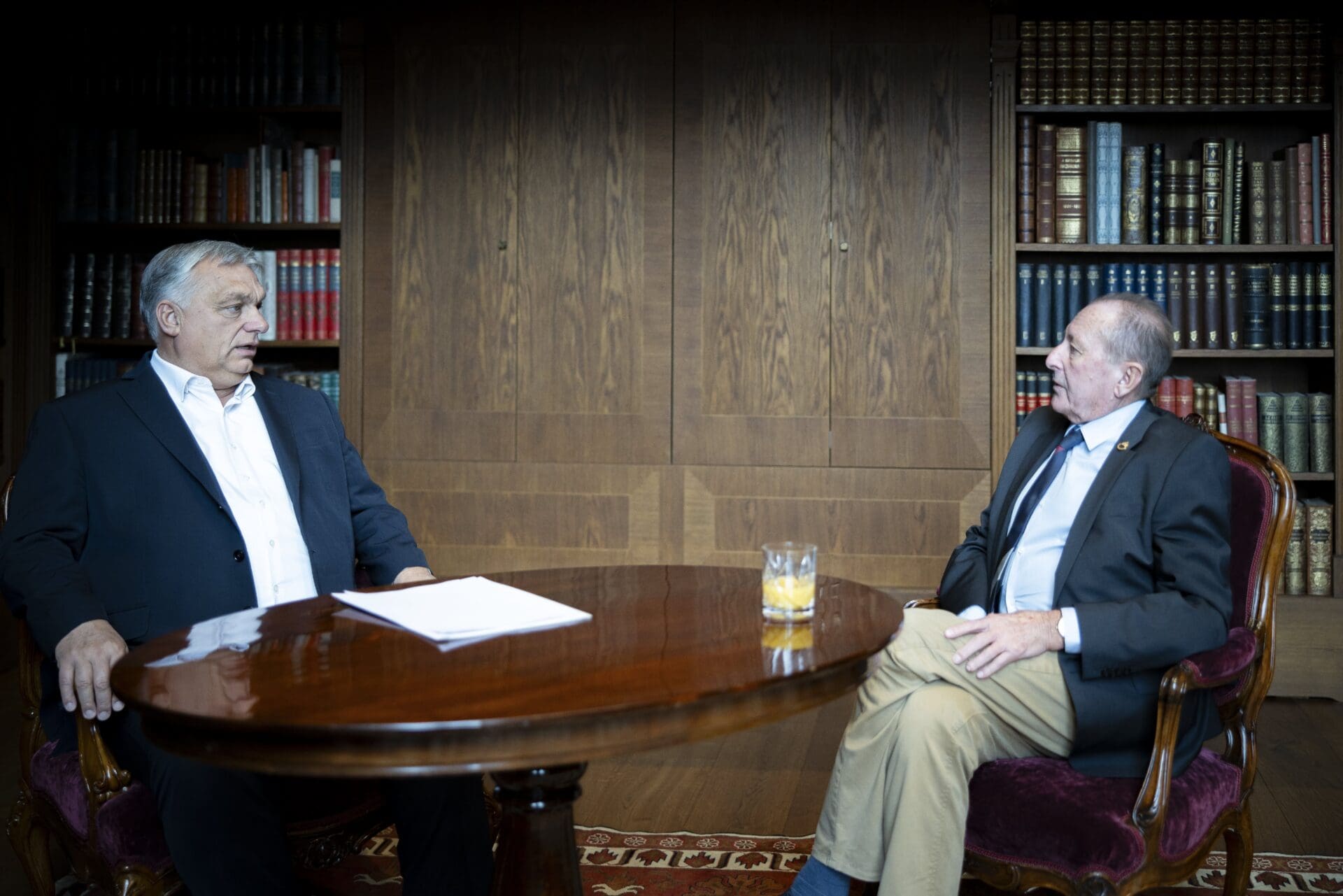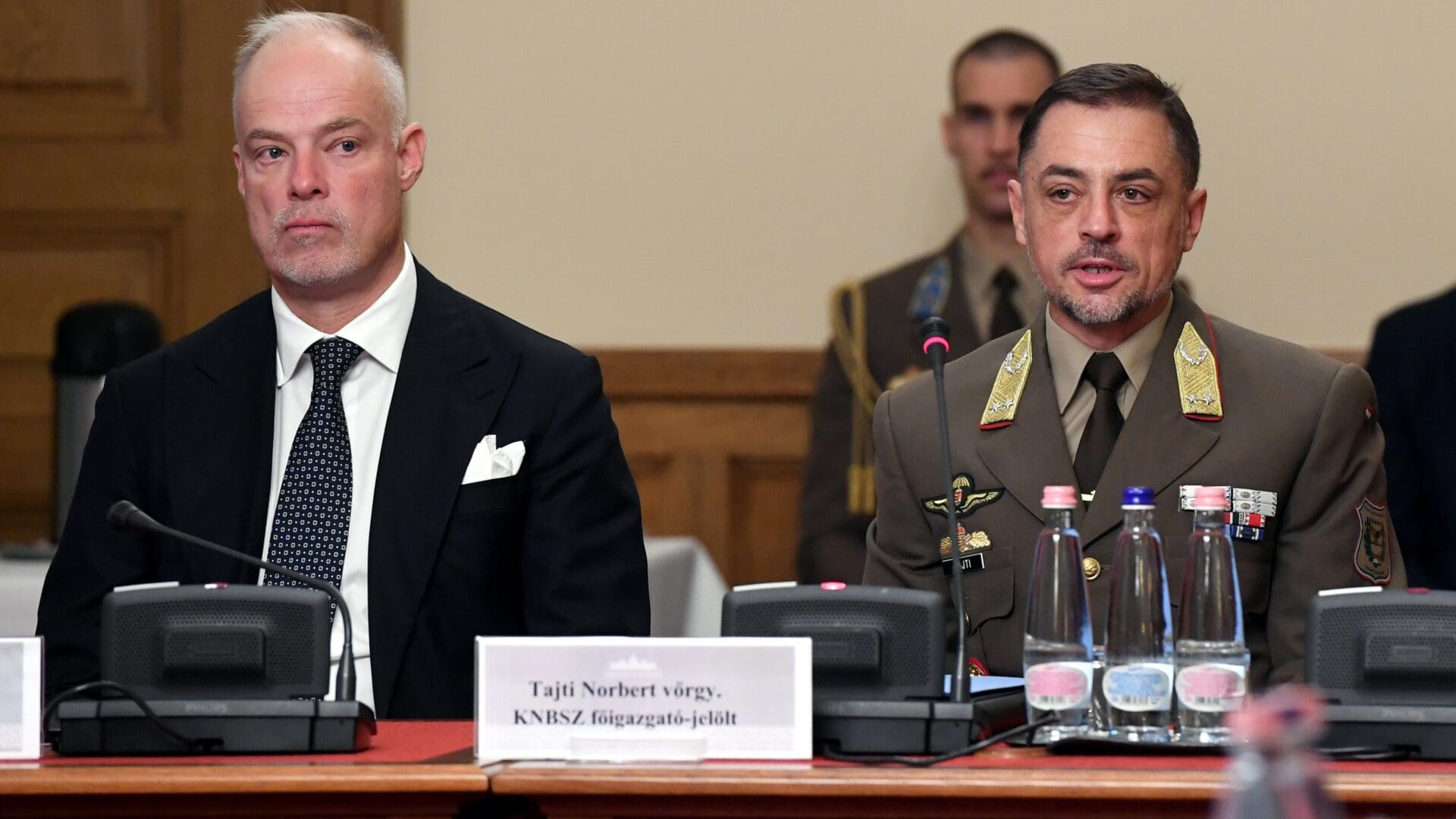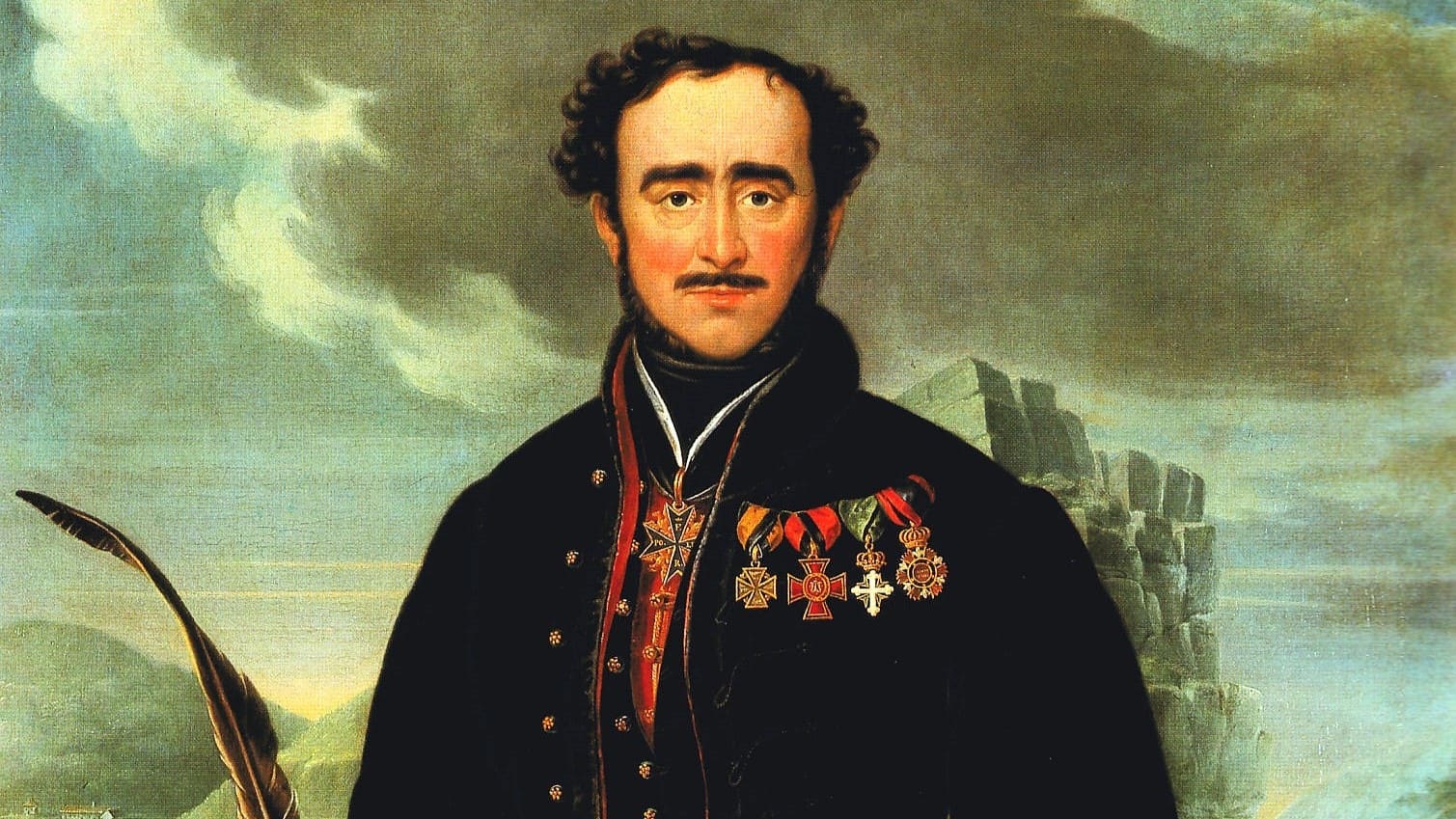
Afrikaners and Hungarians: Inspiration from the Life of István Széchenyi
‘We have come to learn that in Hungary there is some (healthy) debate about the balance between fighting for freedom and building for freedom. This debate should not be regarded as a choice between two mutually exclusive paths, but rather as a pursuit to balance two necessary components of the same struggle. What is so remarkable about this discussion from an Afrikaner perspective, is that it speaks directly to one of our main slogans: “veg en bou” (“fight and build”). When we say veg en bou, we mean that we have to fight against injustice in order to protect what is ours, but at the same time, we ought to develop our own institutions to strengthen our ability to take care of our communities.’

